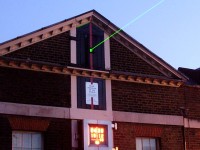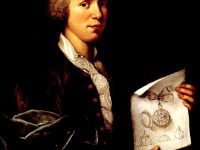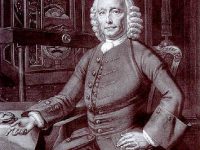The Origins of the Greenwich Prime Meridian
On October 13, 1884, Greenwich was adopted as the universal meridian, dividing the Earth into the Eastern and the Western hemisphere. At the International Meridian Conference held in Washington, D.C., 22 countries voted to adopt the Greenwich meridian as the prime meridian of the world. The French argued for a neutral line, mentioning the Azores and the Bering Strait but eventually abstained and continued to use the Paris meridian until 1911. The British Meridian Before…
Read more




